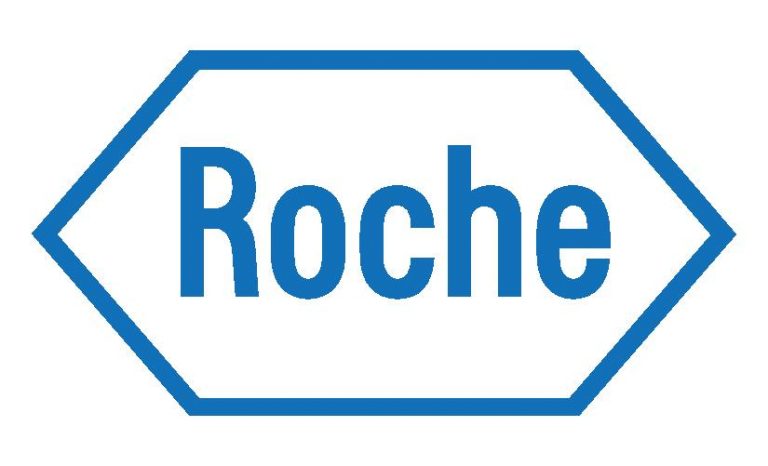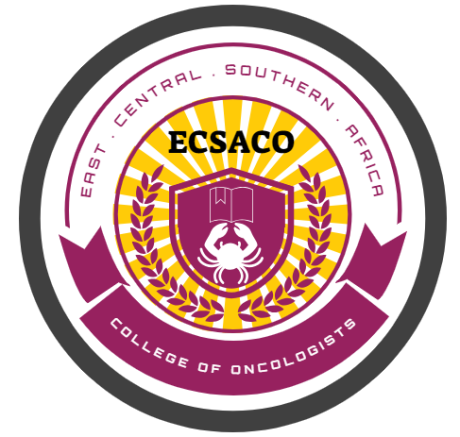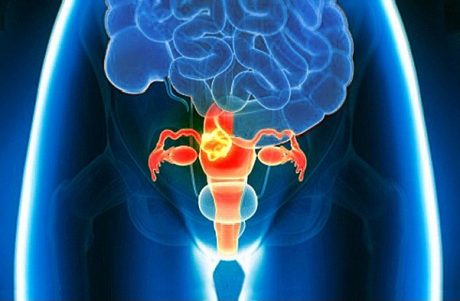Multidisciplinary management, standards of care, optimal diagnostics, therapies and future perspectives in the care of Prostate Cancer patients in sub-Saharan Africa.
Lead Faculty: Prof. Fredrick Chite Asirwa MD
Consultant Physician. Medical Oncologist & Hematologist
Executive Director/CEO: International Cancer Institute (ICI)
P.O. Box 8088, Code 30100 Eldoret, Kenya
Email: director@intercancer.com
Website: www.intercancer.com
This educational activity is provided by the International Cancer Institute (ICI)
Faculty
- Prof. Dinesh Pendharkar– Consultant Oncologist
- Dr. Zipporah Ali– Palliative care specialist
- Dr. Kibet Keitany– Anatomic Pathologist
- Dr. Verna Vanderpuye– Consultant Radiation Oncologist
- Dr. Helena Musau– Clinical Oncologist
- Dr. Abdu Adem Yesufe-Clinical Oncologist
- Dr. Irene Weru- Oncology- Pharmacist
- Dr. Sitna Mwanzi– Medical Oncologist
- Dr. Achille Manirakiza-Clinical Oncologist
This course will be accredited by:



Target Audience
The primary target audience for this course comprises the multidisciplinary clinical cancer care team members including, but not limited to medical, surgical, and radiation oncologists; urologists; other health care professionals (internists, primary care physicians, pathologists, physicians-in-training, urology nurses, oncology nurses, nurse practitioners, pharmacists, physician assistants and nurse practitioners) involved and/or interested in the therapeutic management of patients with prostate cancer.
Statement of Need
General internists and Primary Care Clinicians must maintain an extensive knowledge base on a wide variety of topics covering all body systems as well as common and uncommon disorders. International Cancer Institute’s Preceptorship Courses aims to leverage the expertise of its Faculty to help clinicians understand best practices in diagnosis and management of conditions encountered in the clinical setting in sub-Saharan Africa.
Learning Objectives
At the end of this educational activity, participants should be able to:
- Understand the Epidemiology of Prostate Cancer (Global)
- To understand the role of screening for prostate cancer, including the evidence for and against the use of prostate-specific antigen (PSA) screening and the practical indications of serum PSA measurement in different clinical settings
- Recognize the role of pathological diagnosis, histologic grading, Gleason system, staging and prognostic factors in prostate cancer.
- To understand the role of Surgery in the management of localized prostate cancer
- To understand the role of radiotherapy in the management of localized prostate cancer
- understand the management options for hormone-sensitive metastatic prostate cancer
- To understand the definition of castration-resistant prostate cancer (CRPC) and appreciate the novel therapies, their use and side effects profile in m-CRPC.
- Discuss treatment options for patients with advanced prostate cancer, including secondary hormonal therapy, chemotherapy, immunotherapy, and radioisotope therapy
- Understanding of how and when to use bone-targeted therapies and of the prevention and treatment of osteonecrosis of the jaw
- To understand the role of the multidisciplinary team in prostate cancer management
- To understand the role of Palliative, supportive and survivorship care in prostate cancer management
- Ability to diagnose and manage spinal cord compression, one of the most devastating complications of metastatic prostate cancer
- To discuss clinical cases between faculty and participants
Disclosure of Conflicts of Interest
International Cancer Institute (ICI) requires instructors, planners, managers and other individuals and their spouse/life partner who are in a position to control the content of this activity to disclose any real or apparent conflict of interest they may have as related to the content of this activity. All identified conflicts of interest are thoroughly vetted by ICI for fair balance, scientific objectivity of studies mentioned in the materials or used as the basis for content, and appropriateness of patient care recommendations.
The faculty must report any financial relationships or contractual relationships they or their spouse/life partner have with commercial interests related to the content of this continuing education activity.
Disclaimer
Participants have an implied responsibility to use the newly acquired information to enhance patient outcomes and their own professional development. The information presented in this activity is not meant to serve as a guideline for patient management. Any procedures, medications, or other courses of diagnosis or treatment discussed in this activity should not be used by clinicians without evaluation of patient conditions and possible contraindications on dangers in use, review of any applicable manufacturer’s product information, and comparison with recommendations of other authorities.
Disclosure of Unlabeled Use
This educational activity may contain discussion of published and/or investigational uses of agents that are not indicated by the FDA. The planners of this activity do not recommend the use of any agent outside of the labelled indications.
The opinions expressed in the educational activity are those of the faculty and do not necessarily represent the views of the planners. Please refer to the official prescribing information for each product for discussion of approved indications, contraindications, and warnings.
Method of Participation and Request for Credit
To receive credit for this activity, participants must review the activity information including learning objectives and faculty/planner disclosures and actively participate in the educational activity. Upon successfully completing the post-test with a score of 75% or better and the post-activity evaluation, your certificate will be made available immediately.
The Program
LECTURES
- Epidemiology of Prostate cancer (Achille) Thursday 4th June 2020 4:00-5:30 PM EAT
- Screening and diagnostic workup for prostate cancer (Sitna) 9th June 2020 4:00-5:30 PM EAT
- Role of Pathology in prostate cancer management (Kibet) 11th June 2020 4:00-5:30 PM EAT
- Pharmacology of systemic therapies in Prostate Cancer (Weru) 16th June 2020 4:00-5:30 PM EAT
International Cancer Institute (ICI) ©2020 - Role of Surgery in the management of localized prostate cancer (Dinesh/Urologist) 18th June 2020 4:00-5:30 PM EAT
- Role of radiotherapy in the management of localized prostate cancer (Verna) 23rd June 2020 4:00-5:30 PM EAT
- Management of hormone-sensitive metastatic prostate cancer and use of bone-targeted therapies (Yesufe) 25th June 2020 4:00-5:30 PM EAT
- Treatment options for advanced prostate cancer, including chemotherapy, immunotherapy, and radioisotope therapy (Achille) 30th June 2020 4:00-5:30 PM EAT
- Diagnosis and management of spinal cord compression in prostate cancer patients (Helena) 2nd July 2020 4:00-5:30 PM EAT
- Novel therapies, their use and side effects profile in metastatic castrate-resistant prostate cancer (Chite) 7th July 2020 4:00-5:30 PM EAT
- Supportive, Palliative and Survivorship care in Prostate Cancer Care (Zippy) 9th July 2020 4:00-5:30 PM EAT
- Expert Panel Case discussions in prostate cancer management (Chite & Expert Panelists) 10th July 2020 4:00-5:30 PM EAT
ICI Acknowledges that the funding for this preceptorship training has been proudly supported by Roche as part of ICI_Roche Shining Tower Project (STP)

Course Reviews
No Reviews found for this course.




